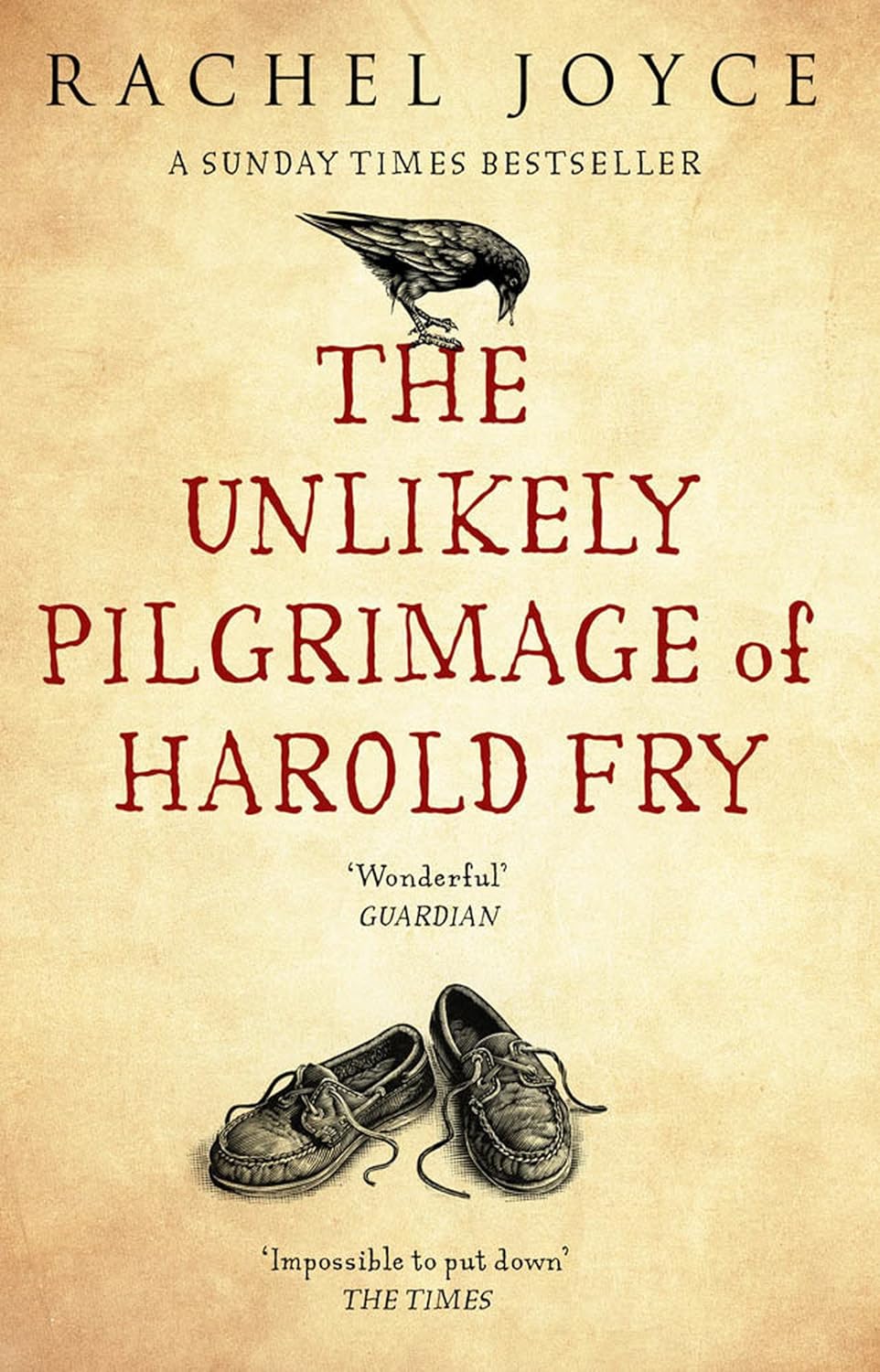In the realm of contemporary literature, few stories resonate as profoundly as “The Unlikely Pilgrimage of Harold Fry,” a debut novel by Rachel Joyce that intricately weaves themes of love, loss, and redemption. The narrative encapsulates the transformative journey of an ordinary man who embarks on an extraordinary pilgrimage. This review delves into the core elements of the book, offering insights that will intrigue both avid readers and those contemplating their next literary adventure.
At the heart of the novel lies Harold Fry, a seemingly unremarkable retired brewery worker living in a quaint English village. What sets him apart, however, is his impulsive decision to traverse the length of England on foot after receiving a letter from a former colleague, Queenie Hennessy, who reveals her terminal illness. This letter, bearing news of Queenie’s plight, catalyzes a journey that transcends mere physical distance, delving deeply into the reservoirs of human emotion and introspection.
The narrative structure is compelling, oscillating between Harold’s present-day journey and his reflective memories. Readers are invited into his psyche, revealing his regrets, the complexities of his marriage to Maureen, and the burden of unfulfilled dreams. This duality illuminates a universal truth: the pilgrimage is as much about the destination as it is about self-discovery and reconciliation with the past.
Joyce’s prose is both evocative and poignant, artistry reflected in her descriptive passages that paint a vivid tapestry of the English countryside while simultaneously depicting the internal landscape of Harold’s soul. The author adeptly captures the high stakes of Harold’s undertaking; with each step, he wrestles not just with the physical challenges of the road but with the emotional weight of miscommunication, estrangement, and the unanswered questions that haunt his life.
Thematically, the novel delves into the concept of pilgrimage—not merely as a physical journey but as a powerful metaphor for the yearning to seek understanding and closure. Harold’s trek symbolizes a quest for forgiveness and connection, not only with Queenie but also with the people in his life. This multilayered exploration resonates with readers, prompting reflections on their own journeys through the labyrinth of emotions and relationships.
Joyce populates her narrative with a diverse cast of supporting characters, each representing different facets of humanity. As Harold encounters fellow travelers along the way—each with their own struggles and aspirations—readers are treated to vignettes that complement his story and enrich the overarching theme of connection. These interactions serve as a reminder that everyone carries their burdens, and often, the simplest gestures can lead to profound moments of empathy and understanding.
Another captivating aspect of “The Unlikely Pilgrimage of Harold Fry” is the exploration of time and the human experience. The passage of time becomes almost a character in its own right, serving as a reminder of life’s fragility and the urgency to seize the moment. Each mile that Harold traverses is imbued with significance, as he grapples with the bittersweet realization that time is limited, yet the present holds the potential for transformation.
The poignant relationship between Harold and Maureen serves as an emotional anchor in the narrative. Their marriage, marked by years of silence and unspoken resentment, evolves as Harold’s journey progresses. The juxtaposition of their individual struggles with intimacy and connection highlights the intricate dynamics of long-term relationships—a compelling examination of how distance, both physical and emotional, can breed misunderstanding, yet also foster reconciliation.
Joyce’s depiction of the English landscape during Harold’s pilgrimage is not merely a backdrop; it’s a living entity that reflects transformation. The picturesque scenery, encompassing rolling hills, quaint villages, and the changing seasons, acts as a metaphor for Harold’s emotional evolution. As he wanders through new terrains, he confronts his past, leading to moments of clarity that resonate long after the final page is turned.
Throughout the narrative, Joyce employs a deft balance of humor and pathos. While the themes may broach heavy subjects—such as mortality and regret—there is an underlying warmth and eccentricity to the characters that infuses the story with levity. This blend of sincerity and wit not only makes the reading experience enjoyable but also invites readers to reflect on their own lives with compassion and an open heart.
In conclusion, “The Unlikely Pilgrimage of Harold Fry” is an exquisitely crafted tale that invites readers to embark on a journey of self-discovery and healing. Rachel Joyce’s masterful storytelling, rich themes, and relatable characters will linger in readers’ minds long after they have turned the final page. It is a testament to the resilience of the human spirit and an exploration of the connections that define us. For anyone seeking a thought-provoking narrative that balances humor with profound insights into the intricacies of life and love, this novel promises a rewarding and transformative reading experience.
The profound nature of Harold’s journey underscores a fundamental truth: life, much like any pilgrimage, may have its uncertainties, but within those challenges lies the potential for growth and reconnection. Whether you’re reflecting on your paths or seeking a tale that stirs the soul, this book stands as a beacon of hope and understanding. Dive into Harold’s world, and you might just find a piece of your own story within his remarkable pilgrimage.
